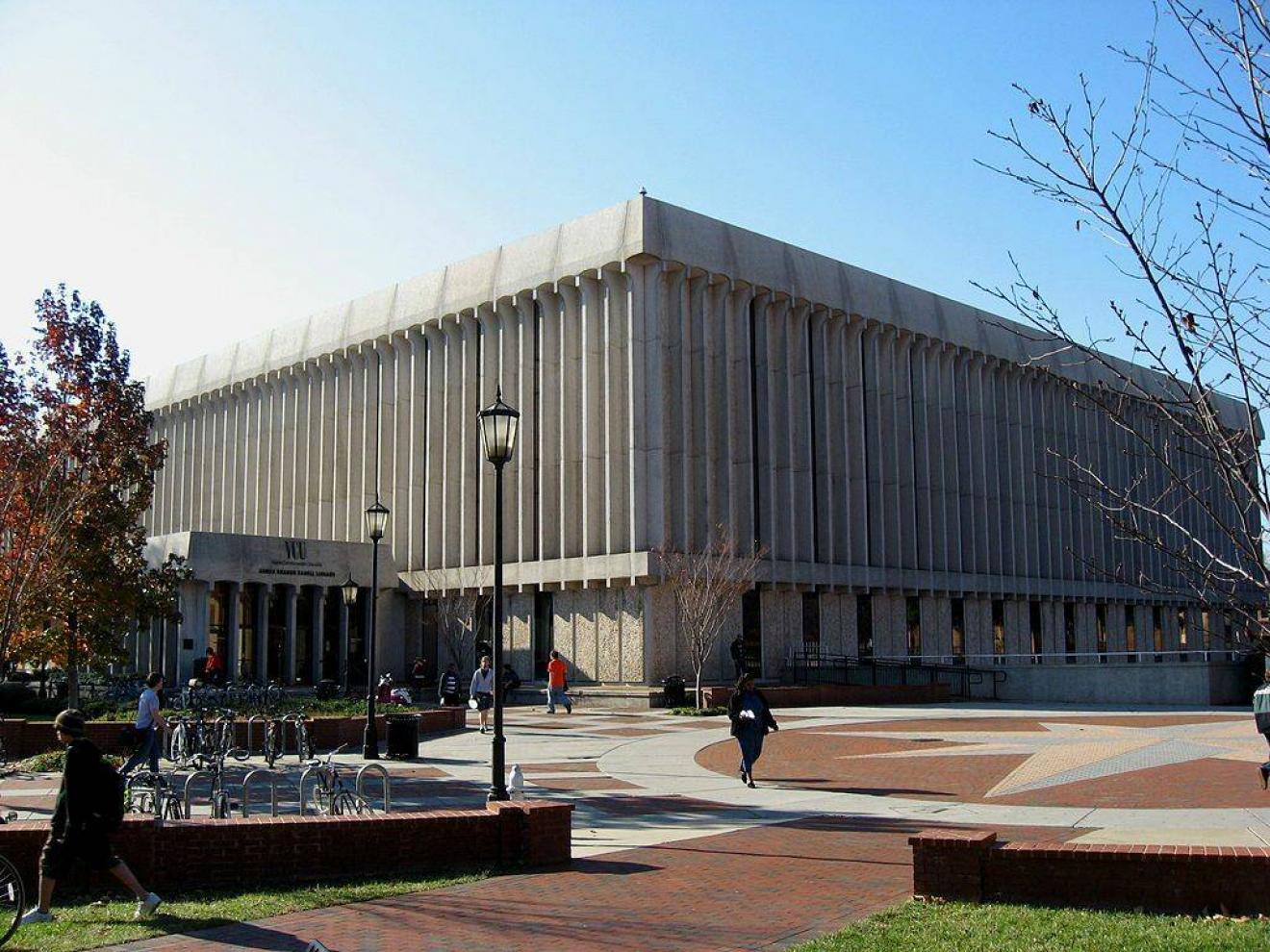Best Cyber Security colleges in Virginia
Virginia is home to many federal agencies that require cyber security experts to protect confidential government information from the hands of international hackers and ransomware firms. Professionals in the field of cyber security can seriously consider landing positions at the FBI or CIA, and can also work as contractors that provide services to government entities like the state legislature or governor's office.
These professionals typically need a Bachelor of Science in Cyber Security, but can also complete associate degree programs before pursuing their CISSP and applying to jobs. Most programs include classes that provide skills in software development, coding, and forensic analysis.
This industry continues to grow with the economy, and the Bureau of Labor Statistics projects the need for over 16,000 cyber security specialists in the state of Virginia, the highest of any state nationwide.
Best Cyber Security colleges in Virginia for 2026
ECPI University offers 3 Cyber Security degree programs. It's a large, private for-profit, four-year university in a large city. In 2023, 435 Cyber Security students graduated with students earning 367 Bachelor's degrees, and 68 Master's degrees.
Marymount University offers 7 Cyber Security degree programs. It's a small, private not-for-profit, four-year university in a midsize city. In 2023, 74 Cyber Security students graduated with students earning 36 Doctoral degrees, 32 Master's degrees, and 6 Certificates.
George Mason University offers 4 Cyber Security degree programs. It's a very large, public, four-year university in a large suburb. In 2023, 158 Cyber Security students graduated with students earning 139 Bachelor's degrees, and 19 Master's degrees.
Old Dominion University offers 6 Cyber Security degree programs. It's a very large, public, four-year university in a midsize city. In 2023, 252 Cyber Security students graduated with students earning 168 Bachelor's degrees, 70 Master's degrees, and 14 Certificates.
Virginia Commonwealth University offers 2 Cyber Security degree programs. It's a very large, public, four-year university in a midsize city.
University of Virginia-Main Campus offers 3 Cyber Security degree programs. It's a very large, public, four-year university in a midsize suburb. In 2023, 15 Cyber Security students graduated with students earning 15 Certificates.
Liberty University offers 6 Cyber Security degree programs. It's a very large, private not-for-profit, four-year university in a small city. In 2023, 146 Cyber Security students graduated with students earning 109 Master's degrees, 32 Bachelor's degrees, and 5 Certificates.
Northern Virginia Community College offers 1 Cyber Security degree programs. It's a very large, public, two-year college in a large suburb. In 2023, 422 Cyber Security students graduated with students earning 422 Associate's degrees.
Virginia Polytechnic Institute and State University offers 1 Cyber Security degree programs. It's a very large, public, four-year university in a small city.
Strayer University-Virginia offers 2 Cyber Security degree programs. It's a small, private for-profit, four-year university in a midsize city. In 2023, 9 Cyber Security students graduated with students earning 9 Master's degrees.
Top schools offering Cyber Security degrees in Virginia
List of all Cyber Security colleges in Virginia
| School | Average Tuition | Student Teacher Ratio | Enrolled Students | |
|---|---|---|---|---|

|
ECPI University Virginia Beach, VA | 30 : 1 | 11,745 | |

|
Marymount University Arlington, VA | 26 : 1 | 3,667 | |

|
George Mason University Fairfax, VA | 27 : 1 | 39,527 | |

|
Old Dominion University Norfolk, VA | 25 : 1 | 22,541 | |

|
Virginia Commonwealth University Richmond, VA | 22 : 1 | 28,238 | |











